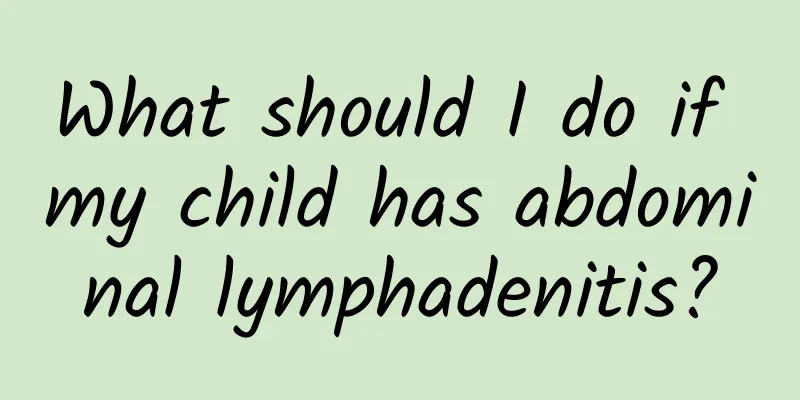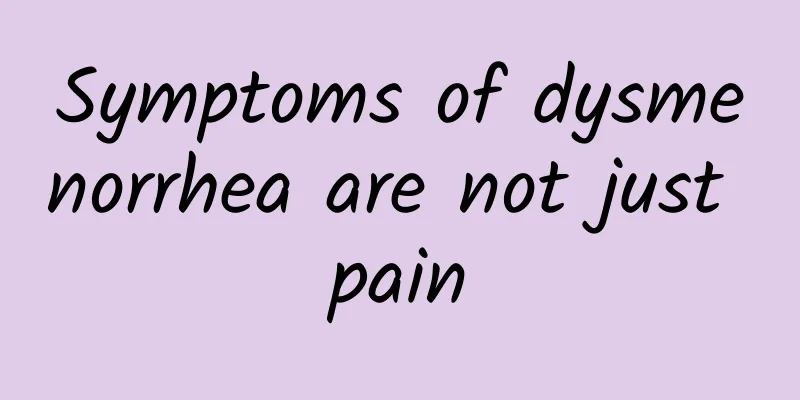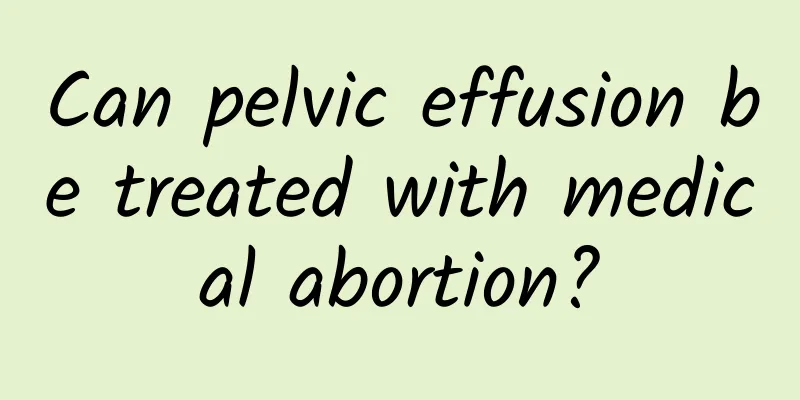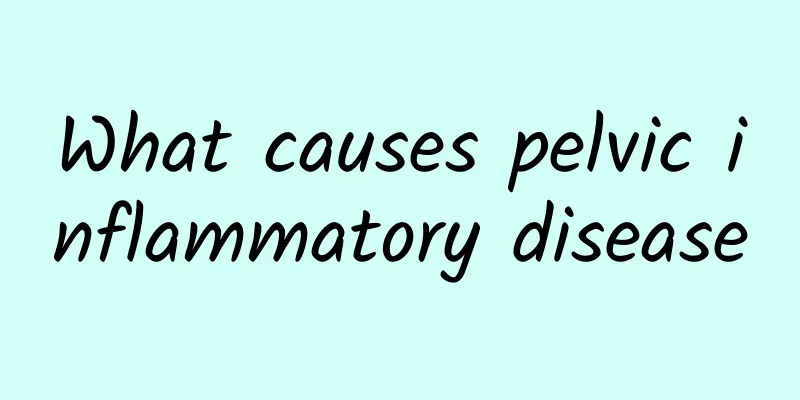What should I do if my child has abdominal lymphadenitis?

|
Children's abdominal lymphadenitis pain usually needs to be treated according to the cause. You can use medication to control inflammation, adjust your diet, and pay attention to rest to relieve symptoms. If the pain is severe or accompanied by symptoms such as fever, please see a doctor as soon as possible. 1. Understand the causes of abdominal lymphadenitis pain A child's stomach ache may be caused by mesenteric lymphadenitis, a common childhood disease that is usually related to viral or bacterial infections. Common triggers include upper respiratory tract infections such as colds and pharyngitis, digestive tract infections such as gastroenteritis, or other abdominal infections. When the mesenteric lymph nodes become inflamed, the lymph nodes near the intestines swell, which may cause persistent or paroxysmal abdominal pain, usually concentrated around the navel or in the right lower abdomen. In severe cases, it may be accompanied by fever, nausea, vomiting and other symptoms. 2. How to relieve or treat abdominal pain caused by lymphadenitis 1. Drug treatment: After examination, the doctor may choose the following methods depending on the cause of the disease: Antibiotic treatment: If the infection is caused by bacteria, safe antibiotics such as amoxicillin can be used to resolve the inflammation. Antiviral drugs: If a viral infection is the cause, your doctor may recommend antiviral drugs such as oseltamivir to control the infection. Antipyretic and analgesic drugs: In case of high fever and severe abdominal pain, ibuprofen or acetaminophen can be used to relieve discomfort, but the dosage should be used according to the doctor's advice. 2. Diet adjustment: Choose light and easily digestible food, such as millet porridge, vegetable soup, etc. Avoid spicy, greasy and high-fiber food to reduce the burden on the stomach. At the same time, pay attention to the child's water supplement to prevent dehydration. 3. Rest and hot compress: Let your child rest more and avoid strenuous activities to reduce the burden of inflammation in the body. At the same time, you can use a warm water bag to gently apply heat to the abdomen to help relieve abdominal pain and discomfort. 3. Situations where medical attention may be required If the child's stomach pain persists and is accompanied by high fever, persistent vomiting, diarrhea, or severe localized abdominal pain, the child should be taken to the hospital as soon as possible for further examination, such as blood routine, B-ultrasound, etc., to rule out appendicitis and other conditions that require emergency treatment. The pain of lymphadenitis in children's abdomen can be relieved by medication, diet adjustment and rest, but if the symptoms cannot be relieved or worsen, please seek medical attention as soon as possible. After the cause is identified, targeted treatment can effectively prevent the disease from further developing. Parents need to pay close attention to their children's physical condition to avoid delaying medical treatment. |
<<: How long does it take to treat moderate cervical erosion?
>>: Is it OK to dance with uterine prolapse?
Recommend
Protecting women's health - how to choose a hospital for abortion
In today's society, abortion is no longer a p...
How to treat adnexitis
Adnexitis is an inflammation of the fallopian tub...
Let's take a look at the reasons why unmarried women suffer from adnexitis
What are the causes of adnexitis in unmarried wom...
Common treatments for irregular menstruation
The most common symptom of a woman's physiolo...
3-stage weight management to eliminate stress-induced obesity
(Text/Yang Qilin) Weight management for stress-in...
What are the methods for detecting threatened abortion?
When spotting occurs during pregnancy, doctors ge...
What are the symptoms of chocolate ovarian cysts and what to do
The treatment principles of chocolate ovarian cys...
Misunderstandings in the treatment of cervical precancerous lesions
For a long time, there have been many misundersta...
How to prevent ovarian cysts
How to prevent ovarian cysts? Ovarian cysts are a...
What kind of care should women take for pelvic peritonitis?
Precautions for pelvic peritonitis should be some...
What is the cure rate of vulvar itching?
Many female friends have been troubled by vulvar ...
Shopping channel caught in the storm of clenbuterol in US beef, AIT also purchased it
The Taipei City Government Health Bureau reported...
When is the best time to have an abortion?
It is more appropriate to have an abortion within...
How to treat uterine prolapse?
What are the grades of uterine prolapse? Uterine ...
What are the examinations before uterine fibroid surgery?
Uterine fibroids are a common benign tumor in wom...









